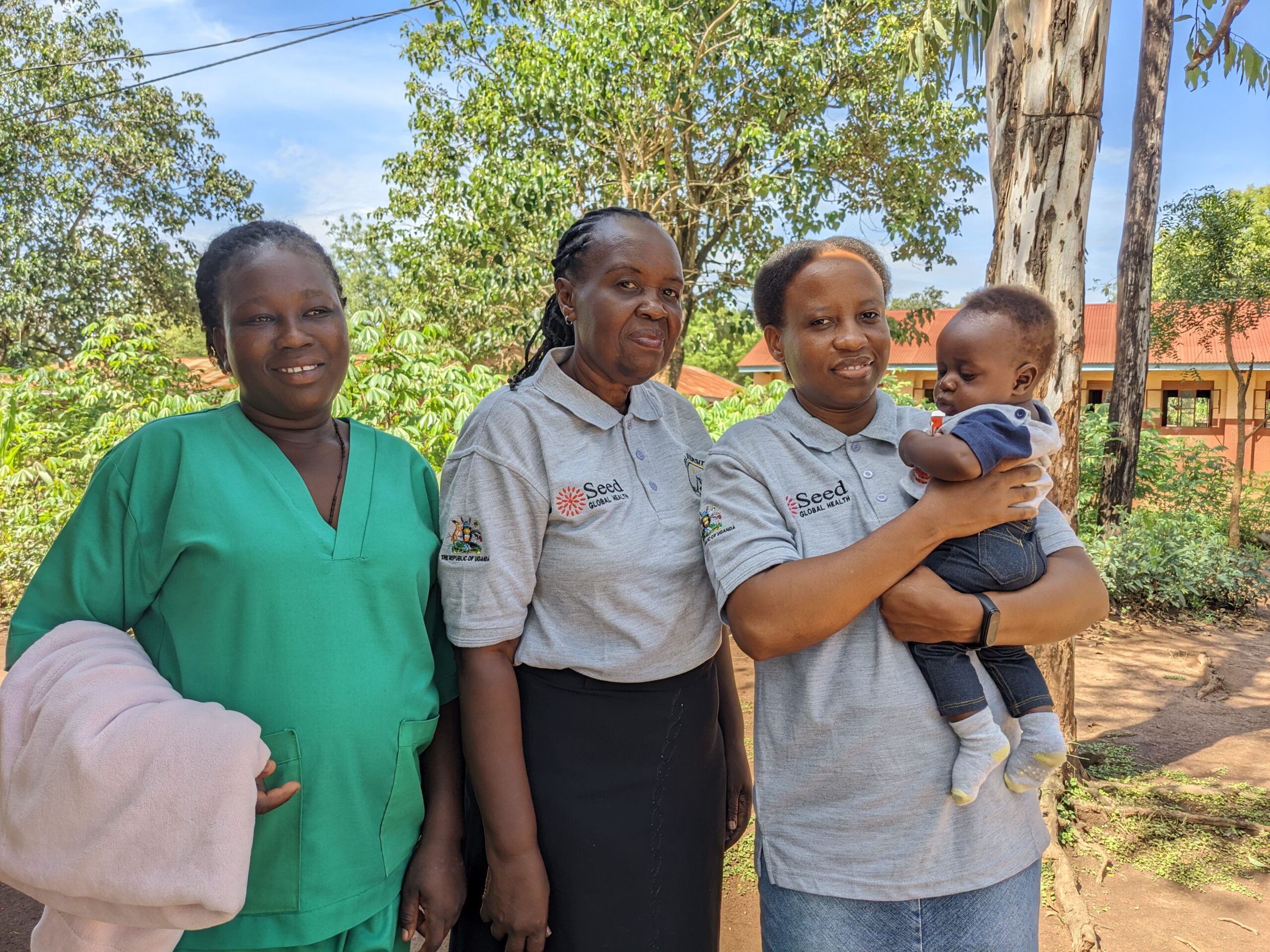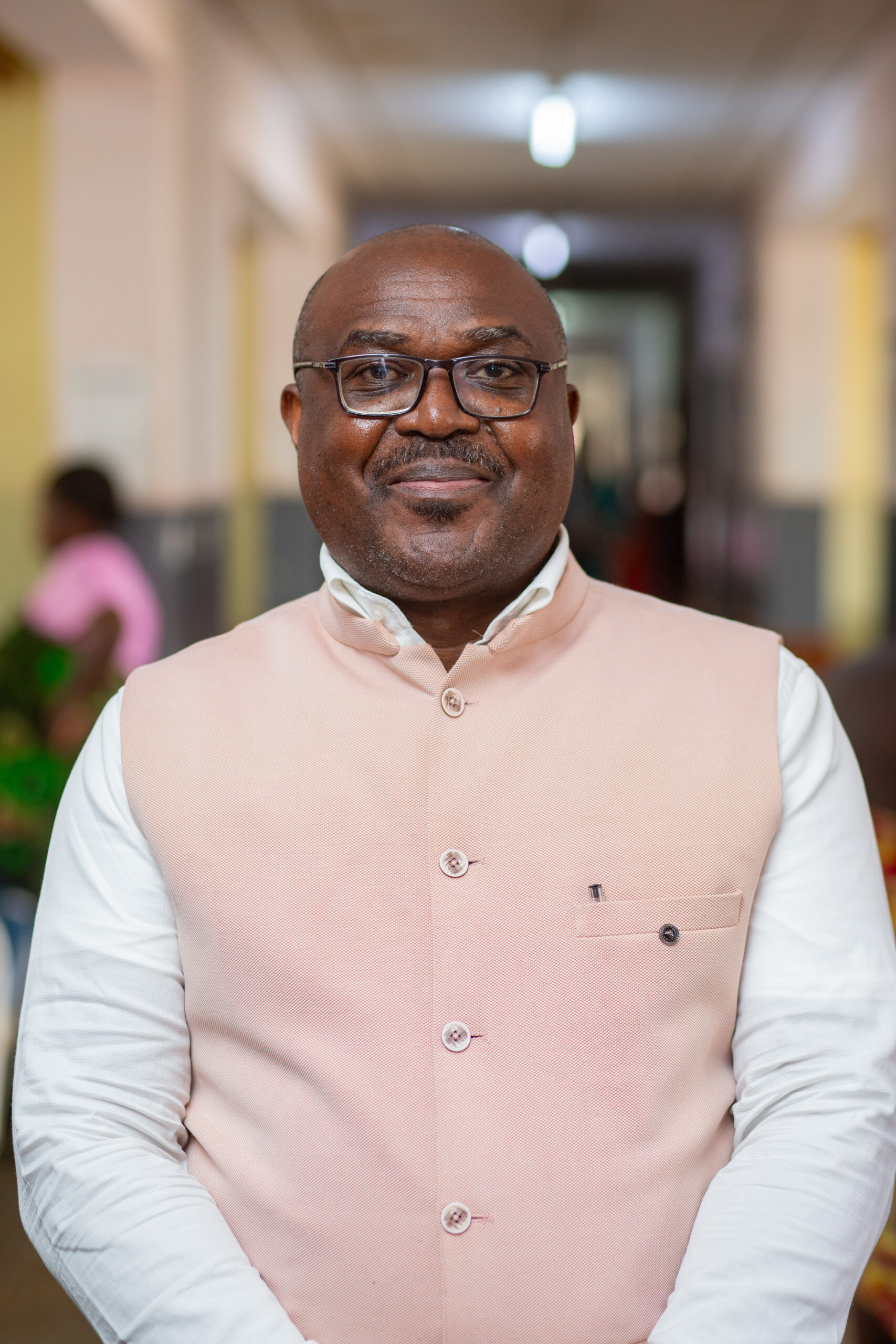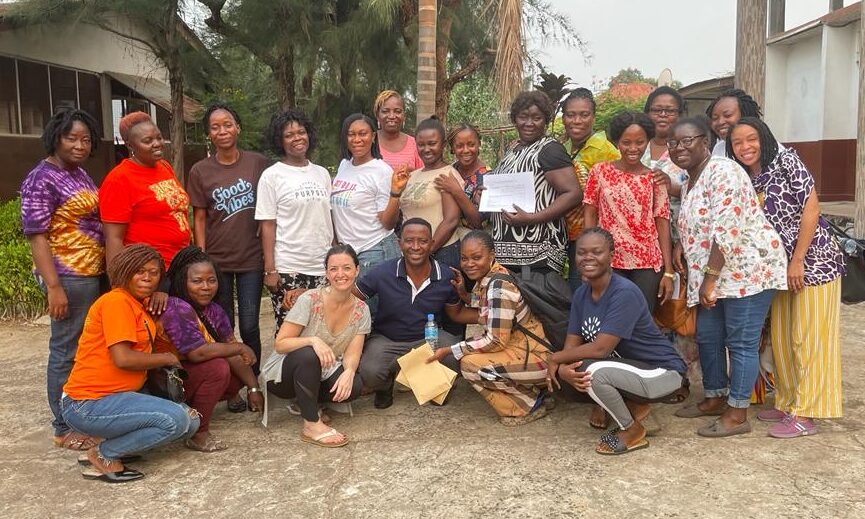
Answering the Call: Scaling Midwifery in Sierra Leone
A new midwife preceptor training program is poised to multiply the number of qualified, well-trained midwives in Sierra Leone. Because midwives can provide 90 percent of all maternal, newborn, and reproductive health services and prevent up to 65 percent of maternal and newborn deaths, the government of Sierra Leone aspires to train midwives at scale in the country.
Seed Global Health is partnering with Sierra Leone’s Ministry of Health and Sanitation (MOHS) and two schools of midwifery to answer this call. Together, we are training midwife preceptors, experienced midwives who are capable of providing supervision to midwifery students in clinical settings.
Three Components of Midwife Education
There are three components to graduating competent midwives: schools, clinical sites, and preceptors.
- Midwifery schools prepare students for clinical practice and develop collaborative partnerships with clinical sites.
- Clinical sites provide an enabling environment for clinicians to offer – and model – quality care and hands-on learning opportunities for students.
- Preceptors are clinically-competent midwives, knowledgeable in competency-based education and able to effectively guide student learning in the clinical setting.
Preceptor Training Program
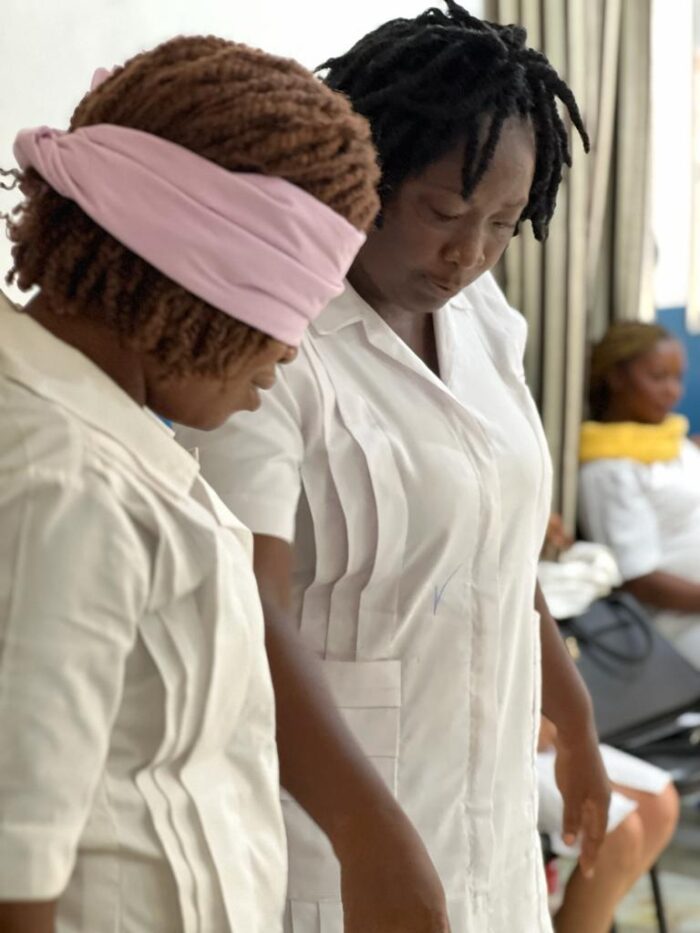
The Seed-supported preceptorship program supports and strengthens each of these three components. In the first year of the program, four Seed educators will train 20 midwives to become preceptors. From these initial 20 preceptors, six will be selected to receive further training (i.e., training of trainers) to prepare them to give the preceptor course to new cohorts of preceptors.
Among many competencies, the preceptor program teaches participants to adopt a supportive approach to supervision in order to create an environment conducive to learning. “I learned that the defended mind has no good insight and cannot think creatively,” said one preceptor trainee. Another said, “After today, I will not shame nor put fear in any student I precept.”
Preceptors also learn teamwork, the importance of good communication, and skills to cope with trauma. Given the very high maternal and newborn mortality rates in Sierra Leone, the challenges of providing care and teaching students in this context are acute. “I valued learning how to manage and cope with trauma because most of the time, I am faced with trauma in my work post,” said another training participant.
Results and Sustainability
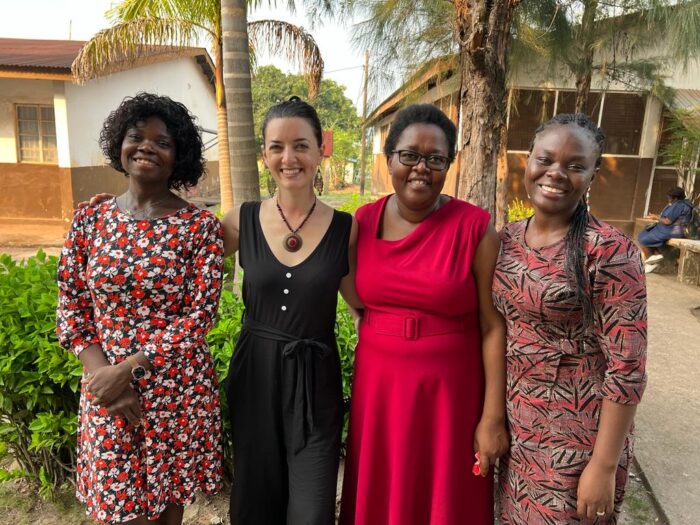
After five years, Sierra Leone is expected to have 220 newly-trained preceptors who will supervise and guide clinical learning for more than 4,000 midwifery students. A cadre of well-trained preceptors to continually train student midwives will help Sierra Leone increase the number of qualified midwives, close the theory-to-practice gap, and improve the quality of midwifery care, with the aim of saving maternal and newborn lives.
To ensure program sustainability, Seed will work with the MOHS and nursing and midwifery councils to secure accreditation for the preceptor program, engage and support the cohorts of newly-trained preceptors, and monitor and evaluate the effectiveness of the program.
Seed Global Health is grateful to Boston College for funding the first year of the preceptor program in Sierra Leone.
